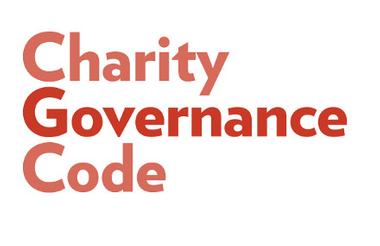The Charity Governance Code has launched a public consultation in an effort to refresh it for the first time in four years, including a question on whether charities would be willing to pay for it.
Last updated in 2020, the code is a practical tool which aims to support charities and their trustees in developing high standards of governance.
It draws primarily on the Charity Commission’s guidance and is led by a voluntary steering group which includes ACEVO, NCVO, the Association of Chairs, and more.
Charities across England and Wales which do or do not use the Charity Governance Code are being invited to provide feedback on it.
A survey published this week asks whether charities would be “willing to pay a small fee, based on your organisation’s size, to use the code”.
The deadline to complete the survey is 11 August.
‘Need to secure longer term funding’
The survey says: “The code is led by a voluntary steering group of not-for-profit infrastructure bodies.
“In order to support the development of the code, this group has to raise money from external sources.
“To enhance the code in the future, with an engaging website and tools, the group will need to secure longer term funding.”
The survey then asks whether charities would be willing to pay themselves, if they were open to the code group seeking a corporate partner or professional advisors being charged to use it.
It also asks whether respondents have any other funding suggestions.
Radojka Miljevic, chair of the Charity Governance Code steering group said: “This consultation is an important opportunity for us to hear from the sector about the code’s content, structure, relevance to different sizes of charity, and accessibility.
“As a vital tool for assessing good practice in governance, we want to make sure that the code reflects the context charities are working in and that it can be used practically by organisations of all sizes.”.
In a blog for Governance & Leadership Magazine in January, Miljevic said the code needs to stay relevant, address climate change and address technological advances.












